Dandelion
Size: 100g
€11,00 – €17,00
Description
Dandelion (Taraxacum officinale) is a member of the Asteraceae (Daisy) Family. It is a relative of Sunflower, Daisy, and Chamomile. There are over one hundred and fifty useful species. Opinions differ on the origin of its botanical name. Some believe the genus name; “Taraxacum” is from the Arabic or Persian, and means “bitter herb”. Or “Taraxos” is from the Greek, meaning, “disorder”, and akos meaning “remedy”. Or it could be derived from the Greek word “taraxia”, meaning “eye disorder”, and akeomai, “to cure”, as it was traditionally used as a remedy for eyes.
All parts of the dandelion are used medicinally.
- Dandelion roots are anti-inflammatory, antibacterial, antifungal, cholagogue, choleretic, deobstruent, discutient, hepatic, hypnotic, purgative, and sedative.
- Dandelion leaves are antacid, antioxidant, febrifuge, hypotensive, restorative, and vulnerary.
- Dandelion leaves and root are alterative, anodyne, antirheumatic root, aperient, astringent, bitter, decongestant, depurative, digestive, diuretic, galactagogue, immune stimulant, laxative, lithotriptic, nutritive, stomachic, and can be used as a tonic.
- Dandelion flowers are anodyne, cardiotonic, emollient, hepatic, and vulnerary.
Health Benefits Of Dandelion Roots, Leaves, And Flowers
- Dandelion root is used to treat abscess, acne, age spots, alcoholism, allergies, arthritis, boils, chicken pox, cirrhosis, constipation, depression, dizziness, dyspepsia, eczema, headache, heartburn, gallstones, gout, hemorrhoids, hay fever, hepatitis, herpes, hypoglycemia, jaundice, measles, morning sickness, mumps, osteoarthritis, ovarian cysts, premenstrual syndrome, psoriasis, tuberculosis, tumors, varicose veins, and venereal warts.
- Dandelion leaves are used to improve amenorrhea, anemia, appetite loss, bedwetting, debility, dropsy, edema, insomnia, muscular rheumatism, nervousness, scrofula, scurvy, stomachache, and urinary tract infections.
- The leaves and the root are used to treat anorexia, appetite loss, Arthritis, breast cancer, breast tenderness, cysts, bronchitis, tonsillitis, cancer prevention, candida, cellulite, high cholesterol, colitis, congestive heart failure, computer stress, diabetes, dyspepsia, endometriosis, fatigue, flatulence, gallstones, hangover, hypertension, hypochondria, kidney stones, mastitis mononucleosis, obesity, poison oak and ivy, prostatitis, rashes, rheumatism, sinusitis, spleen enlargement, ulcers, and uterine fibroids.
- The flowers are used to treat a backache, depression, headache, menstrual cramps, and night blindness.
- Dandelion is a blood purifier which aids in the process of filtering and straining wastes from the bloodstream. It is useful in treating obstructions in the gallbladder, liver, pancreas, and spleen. The leaves aid in the elimination of uric acid. Use the root primarily for problems related to the liver, spleen, stomach and kidneys, and the leaf for liver, kidney, and bladder concerns.
- Dandelion is used to help clear the body of old emotions such as anger and fear that can be stored in the body’s liver and kidneys. It is an excellent herb for weight loss as the leaves are diuretic and the root improves fat metabolism.
- Consuming dandelion in the spring helps to counter the ill effects of a winter of eating only cooked, heavy foods. Drink dandelion leaf and root tea whenever embarking on a cleanse or fast.
- In the fall a bit of juniper juice is also used when treating arthritic conditions.
- As the dandelion leaf is a galactagogue, it increases the nursing mother’s milk supply and bolsters its nutritional quality – also a boon for the infant!
- The leaves and root of dandelion can make an excellent food or tea, rich in minerals for growing children.
- Because dandelion leaves and roots help to cleanse the liver, kidneys are therefore the blood; they are excellent for teenagers concerned about acne.
Additional information
| Dandelion | Leaf, Root, Whole (Flower, Leaf, Root) |
|---|

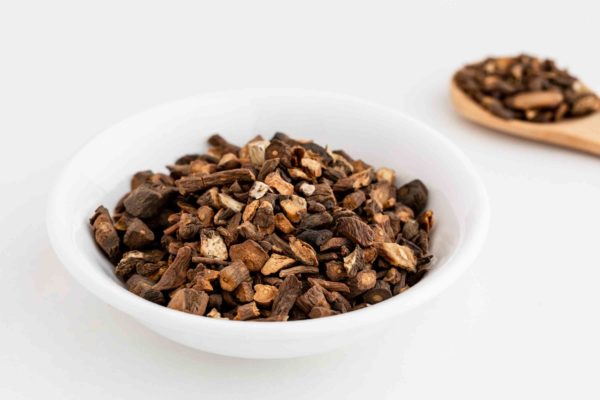
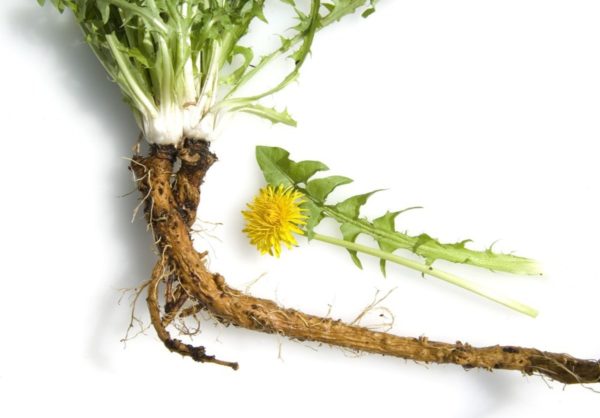
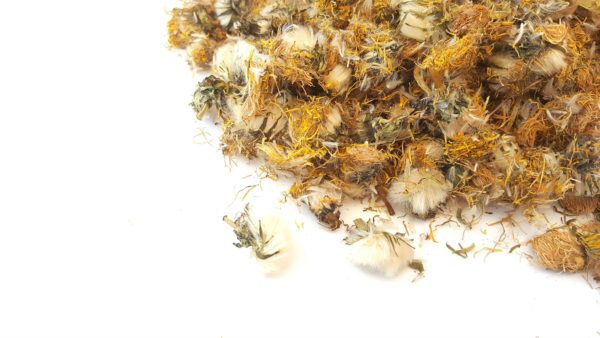
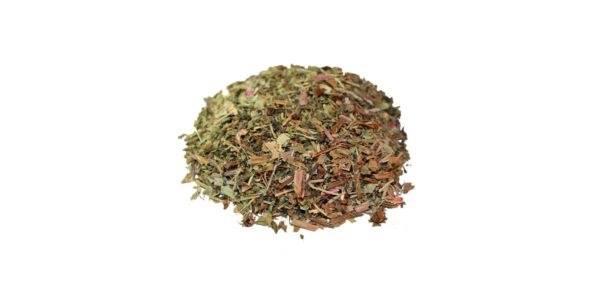
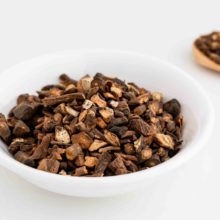
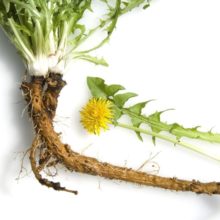
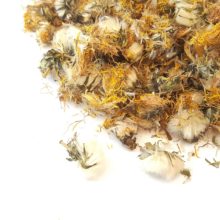
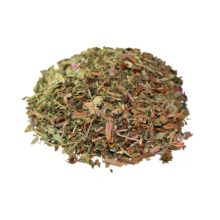






Reviews
There are no reviews yet.